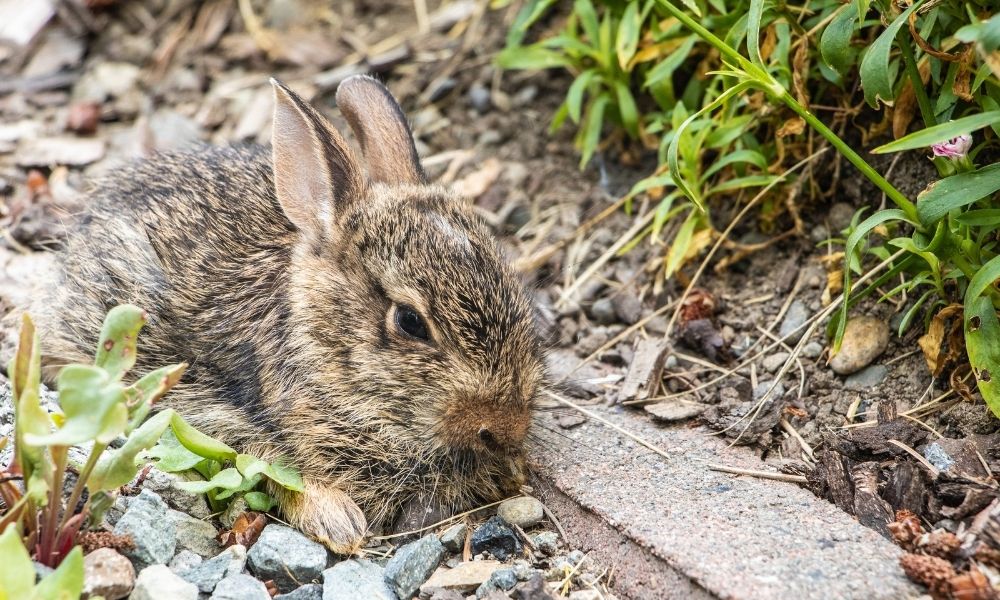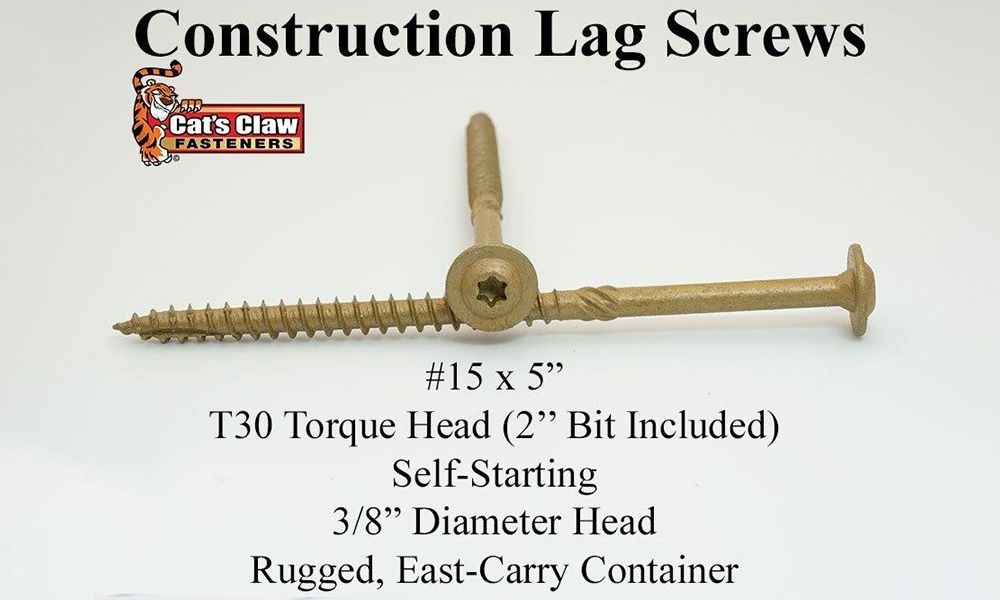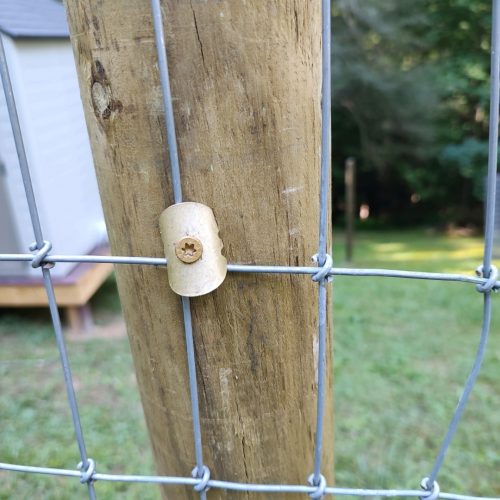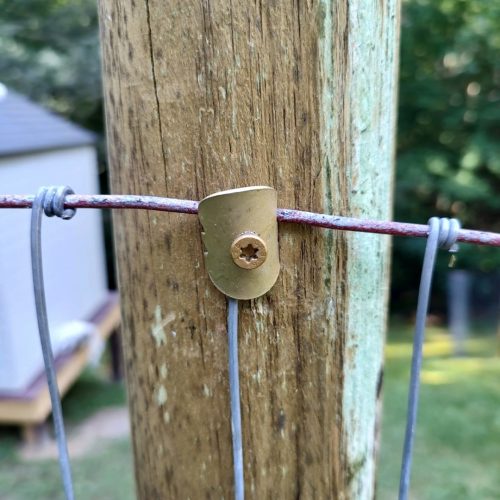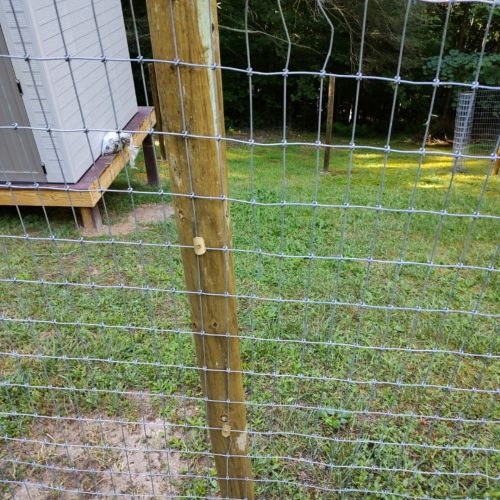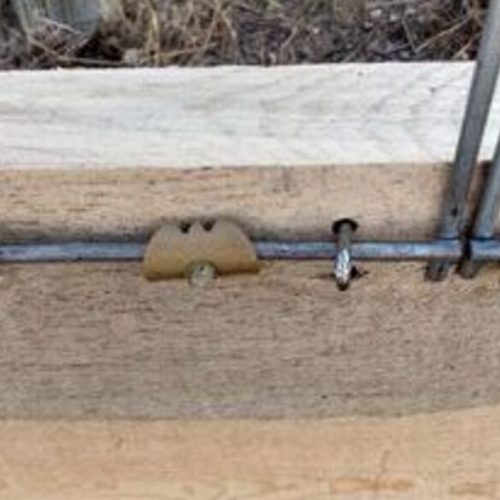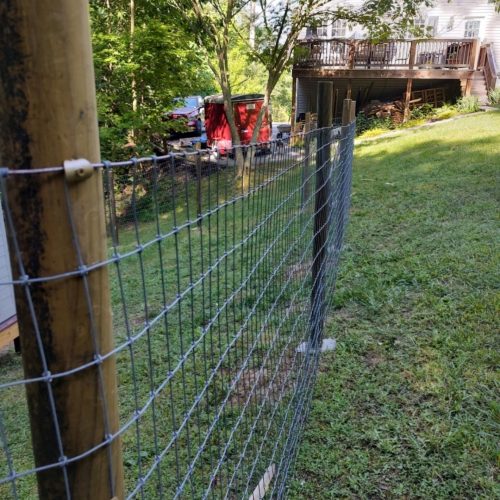If you’re asking yourself if you need to repair your fence, you probably do. While there are common signs that your fence needs repairs, if you can tell by looking at your fence that it is not in the best shape, it is time for a closer inspection. Knowing what to look for and why you’re looking for it is important. Since fences are outside, they are vulnerable to all sorts of damage in addition to wear and tear.
Whether you are trying to improve your property value or protect your yard, a well-maintained fence is pertinent to your desired goal. No matter what type of fence you have on your property, it can become damaged, and you need to know the signs. Keep reading to find out what signs to look for when spotting damage to your fence.
Signs Your Wood Fence Needs Repairs
You can use wood fences for multiple purposes. Where you live and your needs for a fence will likely determine what type of fence you have and how you maintain it. Most people use wood fences for privacy or to prevent their pets or children from escaping the yard. The most common reason why wood fences need repairs is that they are susceptible to dry rot caused by water damage.
Types of Wood Fences
The type of fence you keep on your property depends on your lifestyle. Different types of wood fences serve different purposes. The most common types of wood fences include:
- Post and rail fences—also known as farm fencing—which are typically made from wood posts and two-by-fours or cattle panels.
- Picket fences, which are decorative, ornamental style fences that keep small dogs and children in your yard.
- Vertical board fences, which can serve as a privacy fence to keep neighbors and strangers out or protect you and your pets while you are in your yard.
Signs of Damage
Wood fences are the hardest to maintain because water easily damages them. You may have to repair or replace your wooden fence often. You may notice inconsistencies in your materials when using real wood products. Further, wood posts must be installed with cement and stone to help with draining, but water can seep into cracks in the cement and rot the wood. Wood rot, also known as dry rot, is a fungus that develops when moisture seeps into wood. Signs that your wood fence may be damaged include:
- Signs of mold and dry rot such as wood that gives when you press on it and white or gray spores.
- Wood posts that lean or bend to one side.
- Cracks in the bottom of the posts.
- Cattle panel clips or fencing staples that are starting to come loose.
- Signs of termites, which include bloated wood, bad odor, and visible termite mazes.
Signs You Should Fix Your Composite Fence
A better alternative to wood, composite fences are made of wood scraps. The materials come from scraps like saw dust which is mixed with recycled plastic and resin. Wood composite is much easier to maintain than wood and typically lasts about 25 years. People enjoy it for the same reasons they enjoy wood fences. Like wood, the posts must be set in concrete about six feet into the ground. Wood composite can be cleaned with soap and water and is much less vulnerable to wood rot. Still, dry rot can occur, especially in areas where it rains often. The main signs of damage to composite fences include:
- Cracks
- Warping
- Holes
Signs It’s Time To Fix Your Vinyl Fence
Like wood composite, vinyl is a popular fence material because it is easier to clean and maintain than wood. You can wash it with a hose and use soap to keep it clean. It can be easily damaged by falling tree branches, hail, or other flying objects. Signs of damage to vinyl fences include discoloration, holes, and bumps. While discoloration may be a sign of dry rot and require you to replace your fencing, holes can be patched. You can sand down the area that is causing the hole or bump and use a sealant to protect the area.
Pro Tip: Keep fence clear of grass clippings to prevent mold and mildew from developing around the base.
Signs Your Wrought Iron Fence Needs Repair
Like picket fences, wrought iron fences are another type of decorative fencing. Most people who have them in their yard do not install them; they typically buy homes that come with them. Wrought iron fences are difficult to maintain. The various issues they can cause deter many from installing them and motivate homeowners to replace them when they become damaged.
If you do have a metal fence, you know that it is susceptible to rust. The main sign of rust is discoloration. Rust appears slightly red or orange and must be removed with special products. You should use a cleaner that not only clears rust from your wrought iron fence but also protects it from developing more rust.
Pro Tip: Other signs of damage to look for with wrought iron fences are dents and bends, which you’ll need a welder to repair. While metal looks tough, it is easily bent out of shape, thus losing its aesthetic.
Waiting to act when you notice one of the common signs that your fence needs repairs is one of the biggest mistakes you can make as a property owner. Take steps to make repairs as soon as you notice signs of dry rot, termites, cracks, bending, or leaning in your fence. The quicker you make exterior home repairs, the less money you will spend in the long run. Further, you can do many fence repairs yourself.
Sometimes cattle panel clips aren’t strong enough for a long-lasting farm fence. You need higher-quality fencing staples to ensure your fence holds against the strongest forces. Use Cat’s Claw Fence Claws to fix your fence, and you won’t have to perform as many repairs to your wires or panels. Cat’s Claw Fence Claws hold four times stronger than a U-nail and can fit any size wire. They won’t rust or bust, meaning you can reuse them. The best thing about these high-quality fencing staples is that they are quick and easy to install with a power drill. Visit our website to get your first tub of Cat’s Claw Fasteners Fence Claws.
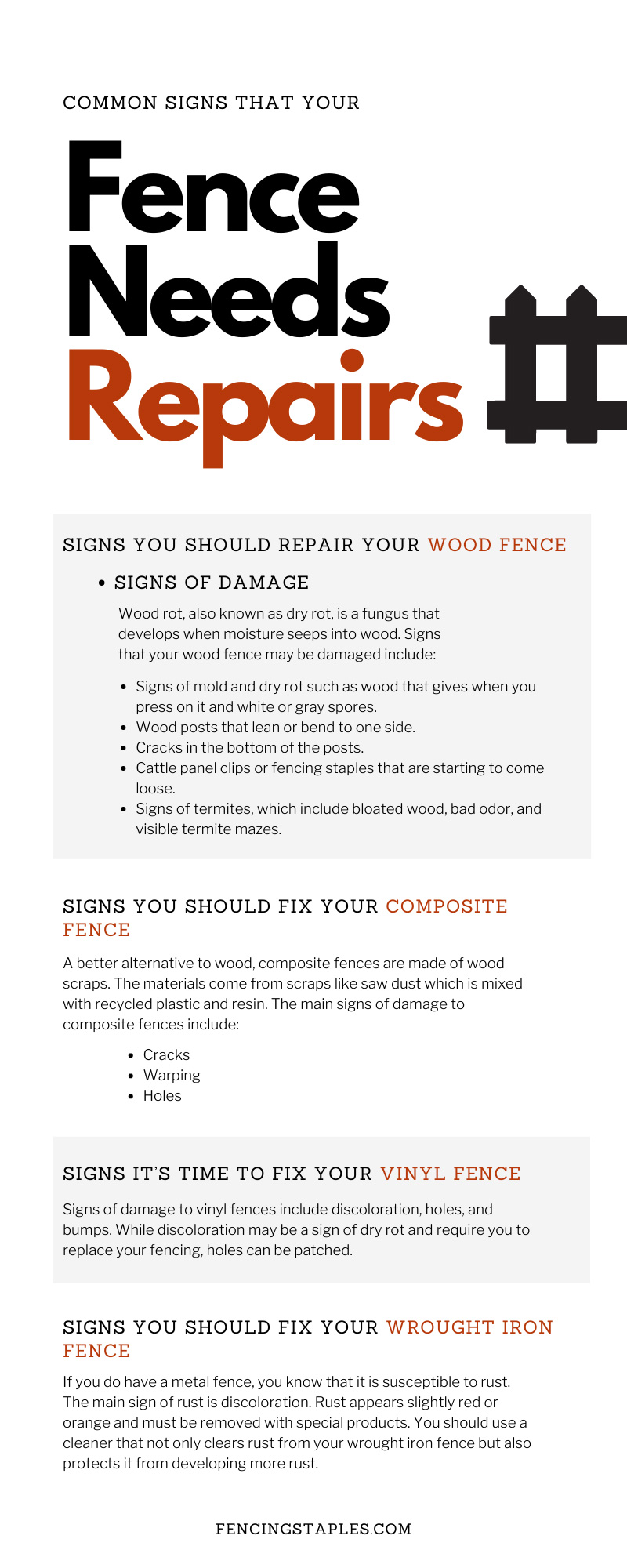
Looking for answers? Cat’s Claw Fastenerss has you covered! Reach out to our Head Cat Collector, Chava, at chava@catsclawfasteners.com for prompt assistance. Stay informed with our blog posts and follow us on Facebook, Instagram, Pinterest, and Youtube for more updates!
Read Next: DIY or Hire a Professional to Fix your Fence


